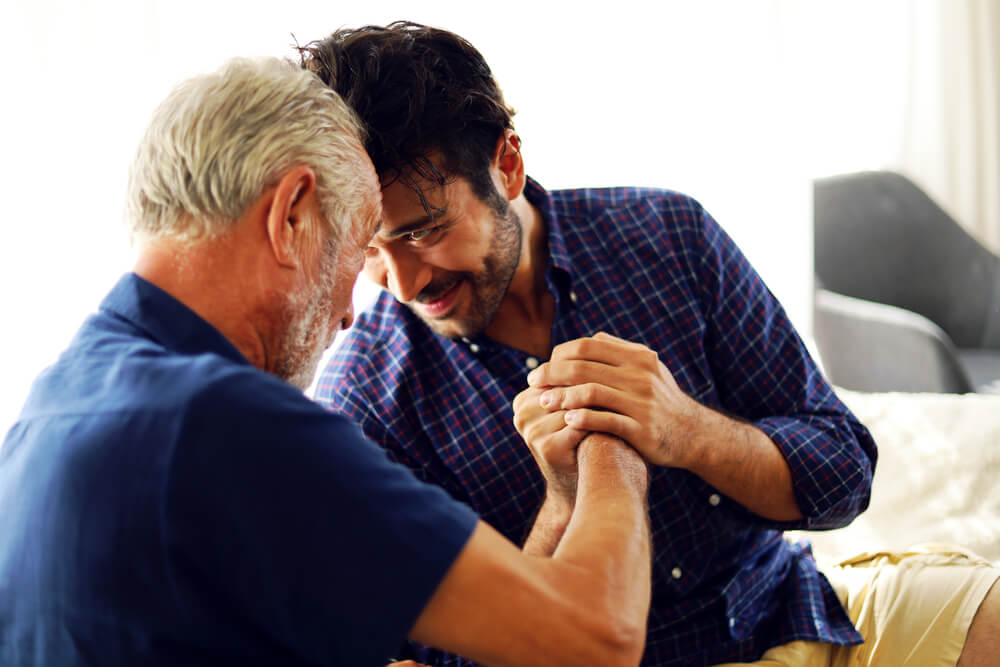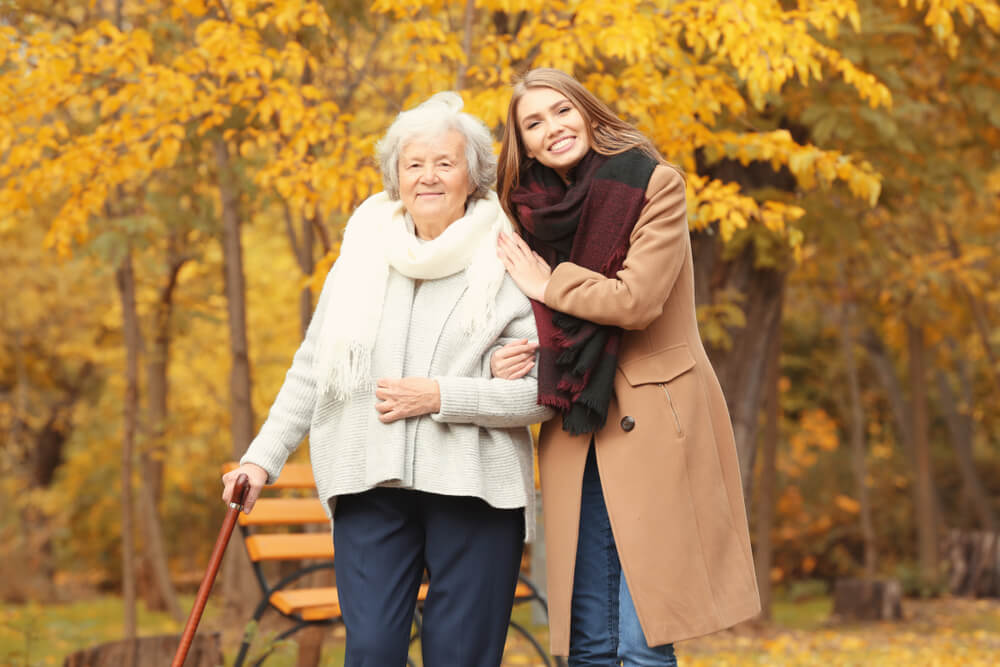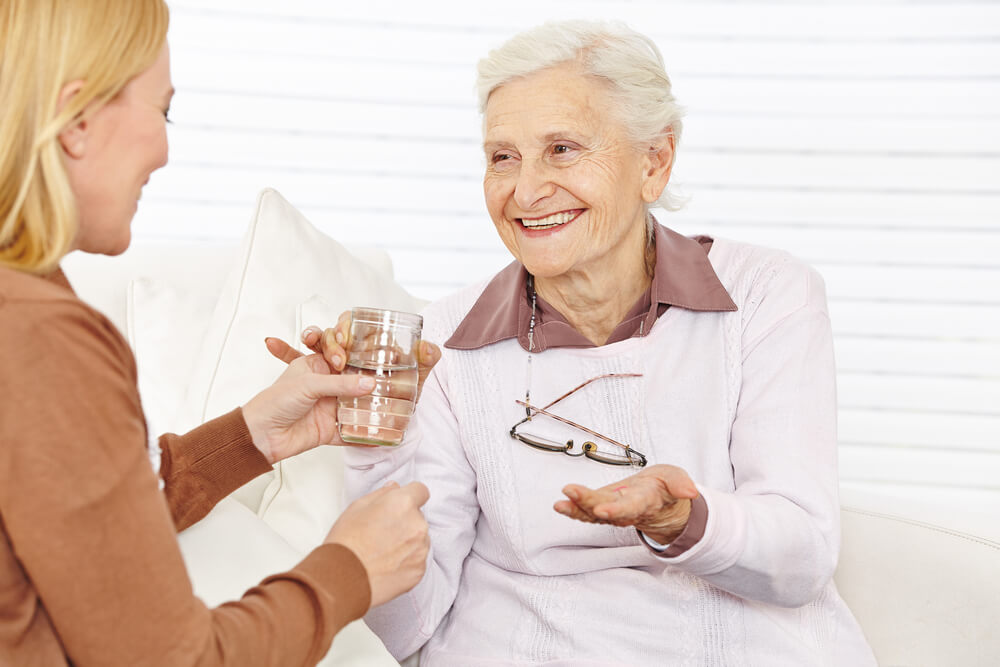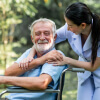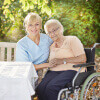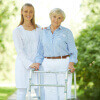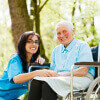10 Signs Your Elderly Loved One May Need Senior Care
As our loved ones age, it becomes increasingly important to monitor their well-being and ensure they receive the care they need. Recognizing the signs that an elderly person may require additional support can prevent serious health complications and improve their quality of life. This guide outlines ten key indicators that your elderly loved one may need senior care, providing symptoms to watch for, and potential risks if these signs are ignored. Understanding these signs can help you make informed decisions about their care and support them in maintaining a safe, healthy, and fulfilling life.
1. Frequent Falls
- Symptoms: Frequent trips, slips, or falls.
- Risks if Ignored: Serious injuries, fractures, loss of independence.
Frequent falls or stumbling can be a clear indicator that an elderly person might need additional care. These incidents often point to declining balance, coordination, or muscle strength, all of which increase the risk of serious injuries such as fractures or worse.. If not addressed, frequent falls can lead to a significant loss of independence and even life-threatening complications. Ensuring your loved one receives proper support can help prevent these accidents and maintain their quality of life.
2. Poor Hygiene
- Symptoms: Body odor, unkempt hair, dirty clothes.
- Risks if Ignored: Infections, skin issues, decreased self-esteem.
Neglecting personal grooming and cleanliness is another sign that senior care may be necessary. This could manifest as body odor, unkempt hair, and wearing dirty clothes. Such changes in personal hygiene can result from physical limitations, cognitive decline, or depression. If poor hygiene is ignored, it can lead to infections, skin issues, and a decreased sense of self-esteem, further impacting an elderly person’s overall health and well-being.
3. Weight Loss
- Symptoms: Noticeable drop in weight, loose clothing.
- Risks if Ignored: Malnutrition, weakened immune system.
Unexpected weight loss in seniors should not be taken lightly. It often indicates underlying issues such as malnutrition, difficulty eating, or serious health conditions. Noticeable drops in weight and clothing that suddenly appear too loose are symptoms that should prompt concern. Ignoring this sign can result in a weakened immune system, making the individual more susceptible to illnesses and further health complications.
4. Memory Loss
- Symptoms: Forgetting appointments, getting lost.
- Risks if Ignored: Getting lost, dangerous situations.
Memory loss, including forgetting names, dates, and important events, is a significant sign that senior care might be needed. Symptoms like forgetting appointments and getting lost in familiar places can indicate the onset of dementia or other cognitive impairments. If left unaddressed, memory loss can lead to dangerous situations, such as wandering off or forgetting to take essential medications, putting the individual’s safety at risk.
5. Social Withdrawal
- Symptoms: Staying at home, lack of interest in hobbies.
- Risks if Ignored: Depression, anxiety, cognitive decline.
When an elderly person starts avoiding social interactions and activities they once enjoyed, it could be a sign of underlying issues like depression, anxiety, or cognitive decline. Symptoms include staying at home more often and showing a lack of interest in hobbies. Social withdrawal can exacerbate mental health conditions and contribute to a decline in cognitive function, making it crucial to seek appropriate care and support.
6. Difficulty Managing Medications
- Symptoms: Missing doses, taking wrong medications.
- Risks if Ignored: Health complications, hospitalizations.
Struggling to take medications correctly is a serious concern for seniors. This difficulty can result in missing doses or taking incorrect amounts, both of which can have severe health consequences. Effective medication management is vital for controlling chronic conditions and preventing complications. Ignoring this issue can lead to hospitalizations and a decline in overall health.
7. Unexplained Bruises
- Symptoms: Bruises on arms, legs, or face.
- Risks if Ignored: Serious injuries, untreated health conditions.
Unexplained bruises on an elderly person’s body, particularly on the arms, legs, or face, should raise immediate concern. These bruises can indicate frequent falls or other injuries that go unnoticed or unreported. Failing to address these signs can result in untreated health conditions and more serious injuries, emphasizing the need for proper monitoring and care.
8. Mobility Issues
- Symptoms: Using furniture for support, slow movement.
- Risks if Ignored: Increased risk of falls, decreased mobility.
Trouble walking or standing, often evidenced by using furniture for support or moving slowly, is a sign that an elderly person may need additional assistance. Mobility issues increase the risk of falls and can severely limit an individual’s ability to perform daily activities independently. Providing the necessary support can help prevent injuries and improve mobility, enhancing the person’s quality of life.
9. Increased Confusion
- Symptoms: Forgetting names of family members, confusion about time/place.
- Risks if Ignored: Injury, inability to perform daily tasks.
Becoming easily confused or disoriented is a common sign of cognitive decline. Symptoms include forgetting the names of family members and confusion about time or place. Increased confusion can lead to dangerous situations, such as getting lost or being unable to manage daily tasks. Addressing this sign early on is crucial to ensuring the individual’s safety and well-being.
10. Neglecting Household Chores
- Symptoms: Piles of laundry, dirty dishes, cluttered rooms.
- Risks if Ignored: Unsanitary living conditions, fire hazards.
When an elderly person starts neglecting household chores, it can indicate a decline in their physical or cognitive abilities. Symptoms such as piles of laundry, dirty dishes, and cluttered rooms can create unsanitary and hazardous living conditions. Ignoring these signs can lead to fire hazards and other dangers, making it essential to provide the necessary support to maintain a safe and healthy living environment.
Home Matters Can Help
Reach out to us at 844-666-8773 for a free consultation to share the challenges you’re facing, and to learn how our personalized home care services can help you.
Home Matters Caregiving proudly serves the North Atlanta area providing care for seniors wherever they call home.
